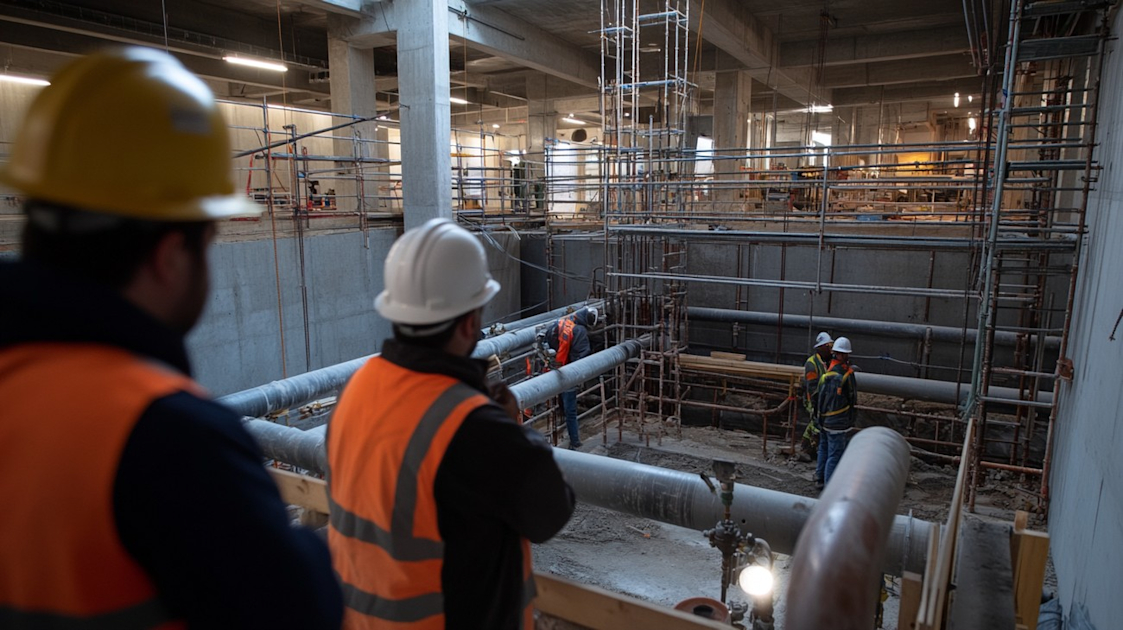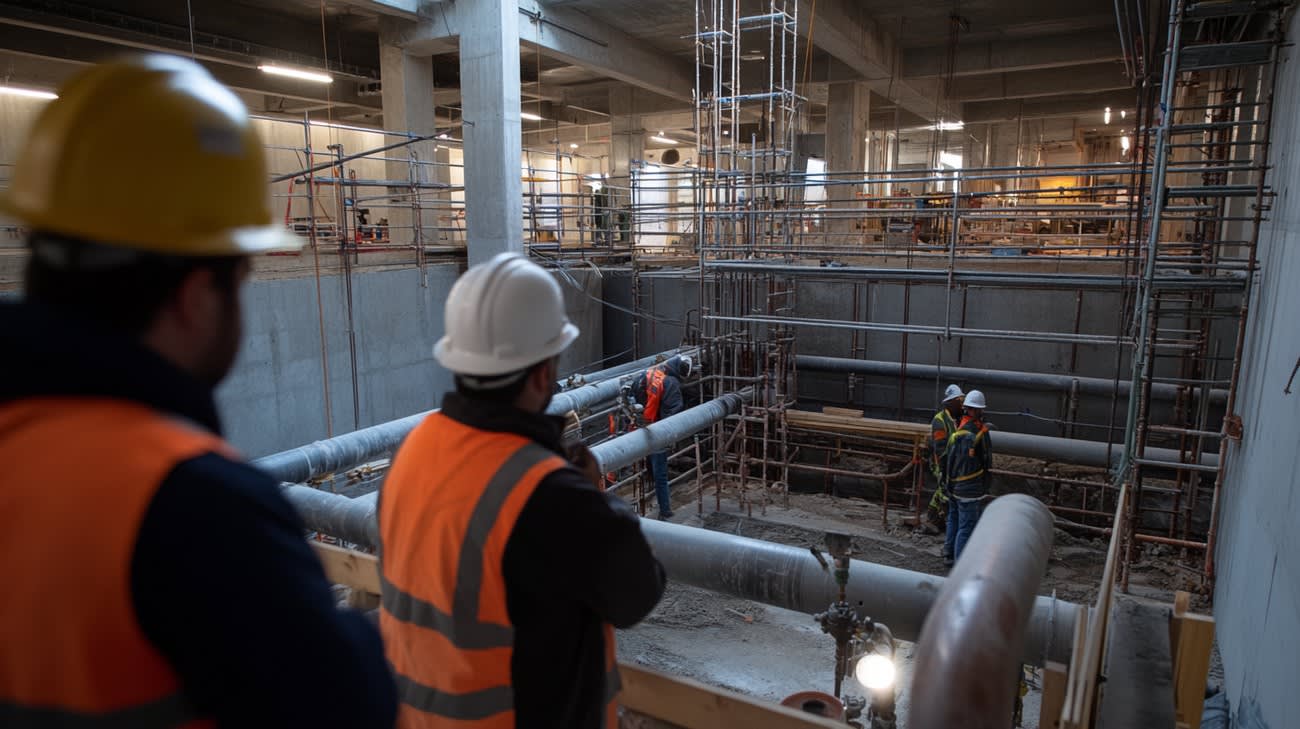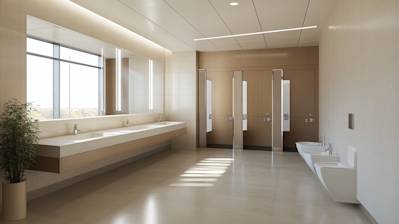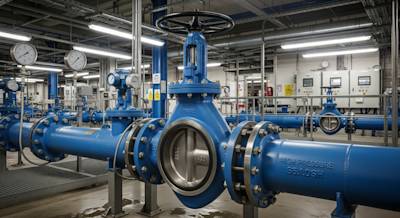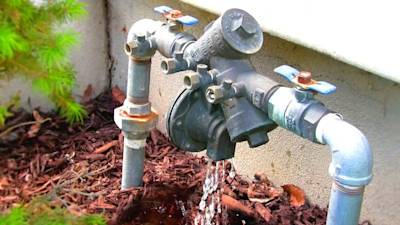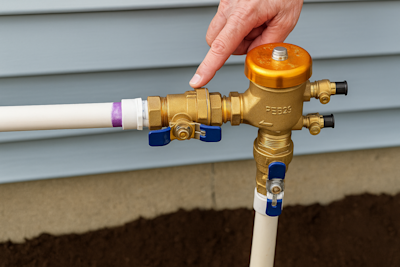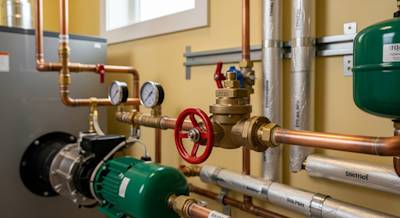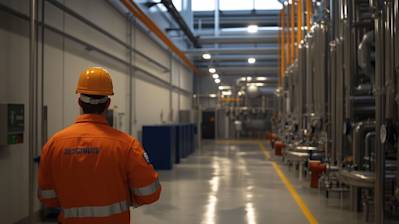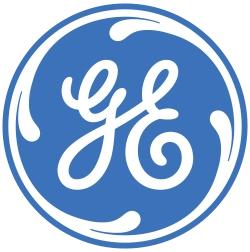Commercial plumbing plays a critical role in running everyday business operations smoothly. Regardless of the industry, maintaining proper commercial plumbing systems directly impacts the bottom line. By sufficiently understanding the intricate details of commercial plumbing, businesses can mitigate problems and ensure operational efficiency, providing a safe and comfortable environment for their employees and clients.
An Introduction to Commercial Plumbing
Commercial plumbing encompasses comprehensive services that businesses, commercial properties, and industrial facilities need to ensure the efficient distribution of water and the safe disposal of waste. Whether it's installing sanitary fixtures, water supply lines, or sewage systems, the role of commercial plumbing spans various activities and properties.
Contrary to residential plumbing, commercial plumbing requires more skills, understanding, and attention to detail due to its complexity and scale. With larger volumes of water, higher pressures, electrical systems, and specialized appliances, the task necessitates employing expert commercial plumbers.
The Vital Role of Commercial Plumbing in Businesses
Commercial plumbing serves multiple roles, making it crucial to maintain a business’s working space. Its importance reflects in:
- Ensuring Water Supply: It provides continuous water supply to restrooms, cafeterias, and more, ensuring a comfortable work environment.
- Waste Disposal: Efficient plumbing systems ensure hygienic and prompt waste disposal, reducing risks of infections.
- Safety: With properly installed and maintained gas lines, plumbing reduces risk of leakage and fire incidents.
- Property Value: High quality plumbing increases a property's value, attracting potential clients and customers.
Typical Commercial Plumbing Services
Commercial plumbers must tackle a wide array of tasks, each vital for keeping businesses running smoothly. These specialized services often include:
- Commercial Drain and Sewer Line Cleaning: Commercial plumbers use specialized equipment to handle blockages, eliminating the potential for drain and sewer backups.
- Pipe Installation and Repair: From water line to gas pipe installation, commercial plumbing involves comprehensive pipe services.
- Plumbing Fixture Installation and Repair: These professionals install and repair all plumbing fixtures, from washroom sinks to specialized industrial appliances.
- Gas Fitting and Installation: Commercial plumbers ensure safe and efficient gas lines, enabling businesses to run their gas-powered appliances.
- Commercial Water Heater Services: Water heaters for commercial use are more complex than residential ones. Therefore, only skilled commercial plumbers can handle their installation, repair, and maintenance.
Recognizing Common Commercial Plumbing Problems
The complexity of commercial plumbing brings numerous potential issues that require immediate attention. Many common commercial plumbing problems include:
- Leaky Faucets: Not only are they frustrating, but they can lead to substantial water wastage and subsequent spikes in utility bills.
- Blocked Drains: Clogs can result in overflows and backups that disrupt a business's operations and may result in health code violations.
- Burst Pipes: Especially concerning during colder months, these can cause significant property damage.
- Water Heater Problems: Water heater issues may leave a business with no hot water, disrupting regular operations.
- Sewer Odor: Such issues may signify more severe underlying issues like leaks, clogs, or breakdowns.
The Importance of Professional Commercial Plumbing Services
Professional commercial plumbing companies possess the necessary skills, knowledge, and experience to handle such extensive work. They also stay informed about local codes and guidelines. Moreover, they have access to high-quality commercial-grade tools and technology, ensuring cost-effective and efficient solutions.
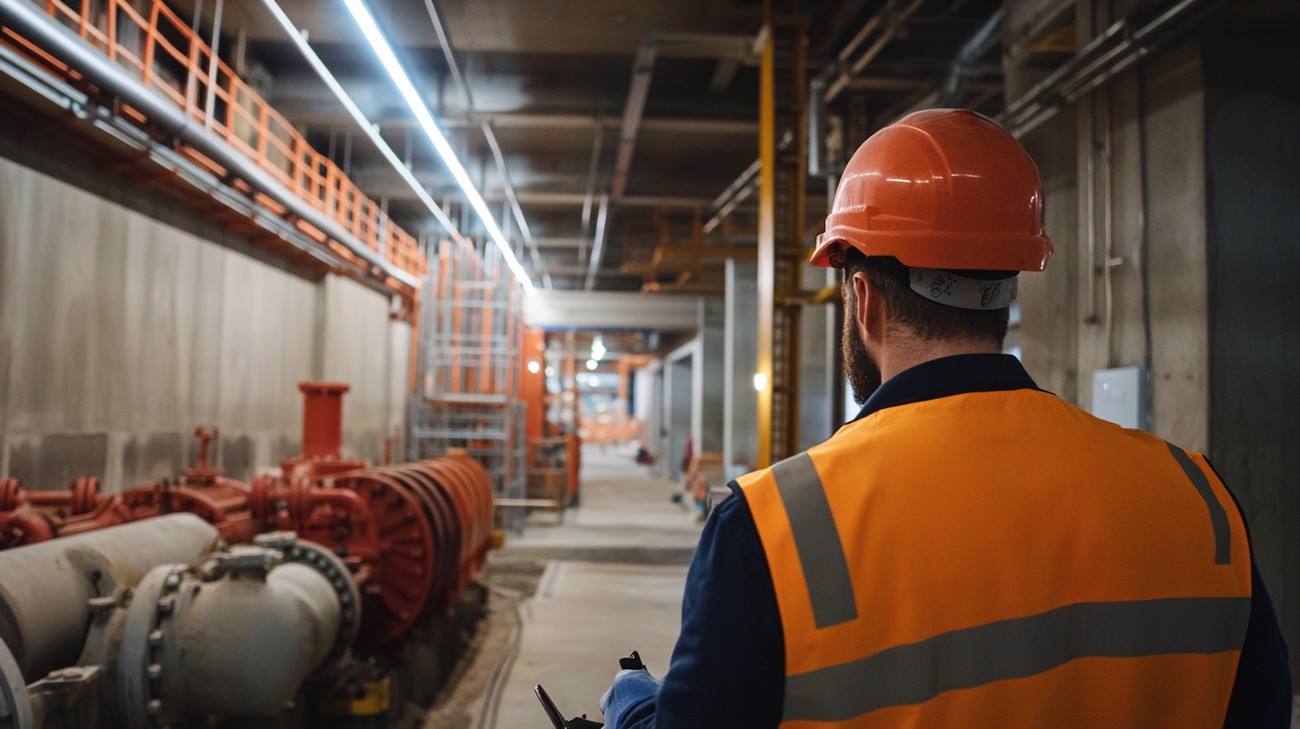
Frequently Asked Questions about Commercial Plumbing
What Kinds of Services Do Commercial Plumbers Provide?
Commercial plumbers provide a range of services tailored to businesses and other large-scale properties. These services may include:
- Installing and repairing plumbing fixtures and pipelines.
- Unblocking drains and sewer lines.
- Installing and maintaining gas lines.
- Water heater installation and maintenance.
- Backflow prevention.
- Preventive maintenance services.
How Often Does a Commercial Building Require Plumbing Maintenance?
Although timescales can vary depending on the usage and age of the system, generally a commercial building should have its plumbing system checked and serviced at least once a year. Regular maintenance can help prevent unexpected breakdowns and costly repairs in the future.
Are Commercial Plumbers Required to Be Licensed?
Yes, commercial plumbers are required to be licensed in most countries or states. A license ensures that a plumber is trained, knowledgeable and competent in handling commercial plumbing services.
What Kind of Training is Involved in Becoming a Commercial Plumber?
Commercial plumbers usually start their training as apprentices, learning on-the-job from experienced professionals. They might also participate in more structured educational programs that cover all aspects of commercial plumbing, including safety, local regulations, and technical knowledge. Upon completion of such training, an apprentice is typically required to pass an exam to obtain their commercial plumbing license.
What is Backflow Testing and Why is it Important in Commercial Plumbing?
Backflow testing involves inspecting a system's backflow prevention device - a tool that keeps contaminated water from flowing back into the clean water supply. In a commercial setting, ensuring that these devices work correctly is crucial to maintaining safe, hygienic conditions. Commercial plumbers can perform these tests and provide necessary repair and maintenance services.
Can Commercial Plumbers Assist with Water Efficiency?
Yes, commercial plumbers can recommend and install efficient fixtures that reduce water usage, which can be a significant advantage for businesses aiming to lower operating costs and support sustainability.
What Should I Consider When Choosing a Commercial Plumbing Service Provider?
When choosing a commercial plumbing service provider, you should consider factors such as:
- Licensing and insurance.
- Experience and expertise in commercial plumbing.
- Availability and response time.
- Clear, upfront pricing.
- Good reviews or recommendations from other businesses.
How Can Businesses Reduce Plumbing-related Downtime?
A proactive approach to plumbing maintenance can help businesses reduce downtime. Scheduling regular inspections can identify potential problems before they cause disruption. A commercial plumber can also provide advice on effective usage practices to extend the life of the system and reduce potential issues.

Pros of Commercial Plumbing
Wide Range of Services
Commercial plumbers are equipped to handle a broad variety of plumbing problems. This might include plumbing installation, repair, and maintenance, drain cleaning, water heater services, leak detection, and repair, among others.
Skills and Expertise
The range of services provided by commercial plumbers means they usually have a broad skill set and are well-versed in a variety of tasks related to plumbing.
Availability
Many commercial plumbing services provide 24/7 emergency services. This means they are available even in case of sudden plumbing emergencies.
High-Quality Equipment
Commercial plumbers typically have access to the latest and best quality of plumbing tools and equipment. They have the capacity to handle large-scale plumbing assignments and are well-prepared for any unforeseen complications that might occur.
Maintenance Services
Many commercial plumbing services also offer maintenance contracts. This means they would routinely inspect your plumbing system and make sure everything is running smoothly. This could help prevent major problems from occurring in the first place.
Knowledgeable about Codes and Standards
Commercial plumbers are usually well acquainted with the local building codes and standards. This knowledge is crucial in ensuring that the plumbing work complies with all the necessary regulations. It can help avoid potential fines or penalties.
Cons of Commercial Plumbing
High Costs
Due to the level of expertise, range of services, and high-quality tools used, commercial plumbing services can be quite expensive. There could be additional costs for emergency services or for tasks that require more complex solutions.
Unforeseen Charges
Sometimes, commercial plumbers might come across unexpected issues while working that result in additional charges. This could potentially inflate the overall cost of their services.
Time Consuming
Depending on the complexity of the job, commercial plumbing services can sometimes take a significant amount of time. This potentially could dim some downtime for any business establishments while the work is being done.
Unavailability of Specific Parts
Sometimes, commercial plumbers may not have a specific part or tool needed to fix a particular issue. In such cases, the plumber would need to order the necessary parts, further delaying the completion of work.
Risk of Incompetent Plumbers
While many commercial plumbers provide top-quality services, there's always a risk of coming across an incompetent or unscrupulous plumber. Hiring such a plumber could lead to faulty workmanship, possibly resulting in even more damage.
Dependence on a Single Provider
If you are locked into a maintenance contract with a commercial plumber and their quality of service deteriorates over time, getting out of the contract and finding a new service provider can be a hassle.
Lack of Personal Touch
Commercial plumbing companies are generally larger and therefore lack the personal touch that a local plumber might offer. Some people prefer to know their plumber personally and have a sense of trust in them. In the case of commercial plumbing services, this personal level of service and connection may not be there.
Overall, commercial plumbing comes with its distinct set of advantages and disadvantages. It's important to weigh these pros and cons carefully before deciding if commercial plumbing services are right for your project.

Myths and Misconceptions About Commercial Plumbing
Just like many other professional services, commercial plumbing is not devoid of myths and misconceptions that people believe. These misguided ideas can often lead to wrong decisions, unnecessary expenses, and even serious damages. So let's debunk some of these myths about commercial plumbing.
Myth 1: Plumbing Fixes are Easy DIY Tasks
Misconception:
Many people think that commercial plumbing issues are as simple as residential ones, and can be fixed with a bit of DIY effort rather than hiring skilled professionals.
Fact:
Commercial plumbing systems are far more complex than residential systems. They involve a wider network of pipes, high-end fixtures, and larger water heaters, among other components. Therefore, any problem with commercial plumbing requires specialized skills, training, and the right tools to be resolved effectively and safely.
Myth 2: All Plumbers can Handle Commercial Plumbing Work
Misconception:
Many business owners think that all plumbers, whether they specialize in residential or commercial plumbing, can be called to deal with commercial plumbing issues.
Fact:
Commercial plumbing is in a league of its own with larger scale projects, unique problems, and stringent codes of compliance. Hence, it requires plumbers who have specific training and experience in commercial setups.
Myth 3: Insurance Covers All Plumbing Damages
Misconception:
It's a common belief among business owners that their insurance will cover all damage related to plumbing.
Fact:
While it is true that business insurance covers a wide range of potential damages, it’s essential to understand that not all plumbing issues are covered. Every insurance policy has limitations and exclusions so it’s crucial to read the fine print and understand exactly what is and isn’t covered.
Myth 4: Regular Maintenance isn't Necessary
Misconception:
Another popular myth is that unless evident problems occur, regular maintenance isn't necessary for commercial plumbing.
Fact:
Preventive maintenance is vital in commercial plumbing. Regular check-ups can resolve minor issues before they turn into major problems, avoiding costly repairs and disruptions in your business.
Myth 5: All Plumbing Services Offer 24/7 Emergency Support
Misconception:
Many assume that all commercial plumbing services are available around the clock for emergency support.
Fact:
Not all plumbing services offer 24/7 emergency support. It is crucial to research and ensure that the services you enlist do provide emergency support whenever needed.
Myth 6: Commercial Toilets are More Prone to Clogging
Misconception:
The idea is that commercial toilets, which are used more frequently, are more prone to clogging than residential toilets.
Fact:
Commercial toilets are designed to withstand high-traffic use and are less likely to clog when used properly. Most toilet clogs in commercial settings are actually the result of improper use, including flushing items that should not be flushed.
Myth 7: Leaky Faucets are Harmless
Misconception:
A common belief is that a leaking faucet in a commercial setting is a minor issue that doesn't need immediate attention.
Fact:
Leaky faucets can lead to significant water wastage and increased utility bills over time. Furthermore, if left unattended, they could potentially damage the surrounding structures.
Myth 8: Hot Water Clears Grease Down the Drain
Misconception:
Many believe that using hot water can effectively clear grease down the drain.
Fact:
While hot water may make the grease run further down the pipe, it will eventually cool and solidify, leading to stubborn clogs. Instead, grease should never be poured down the drain; it should be placed in a disposable container and thrown away.
With these myths debunked, one can make informed decisions when dealing with commercial plumbing, leading to reduced costs and efforts in the long run.
Summary
Overall, commercial plumbing serves a necessary function in the smooth operations of businesses, industries, and multi-residential premises. The professional plumbing services resolve a multitude of problems from blockages, leaks, and drainage issues, to the installation and maintenance of essential plumbing systems. They address everyday issues with expertise, ensuring business operations won't be interrupted.
Commercial plumbing is a dynamic field which combines technological advancements with traditional techniques. This industry continues to evolve with innovative solutions to suit the needs of commercial properties. It’s a career choice that provides constant demand and the potential for continuous growth and development.
Ultimately, commercial plumbing plays a pivotal role in maintaining public health and sanitation. It’s more than just unblocking drains and fixing pipes. It's a field that maintains the flow of clean water and ensures the disposal of waste in a safe and efficient manner. So, the next time you use a public restroom or eat at a crowded food court, take a moment to appreciate the work of the commercial plumbing industry.
About KYPD Plumbing
KYPD Plumbing is your friendly, go-to plumbing service located right in the heart of Lexington, KY. We're a local, family-owned business that prides ourselves in delivering top-of-the-line solutions for all your plumbing needs. For us, no job is too big or too small, whether it's solving a troublesome leak, installing a new water heater, or working on complete plumbing for a new construction, we've got you covered. Our team of seasoned professionals love what they do and put your satisfaction as their top priority. Partner with KYPD Plumbing, where superior workmanship meets excellent customer service!
Tags: plumbing services, commercial property, plumbing maintenance,

